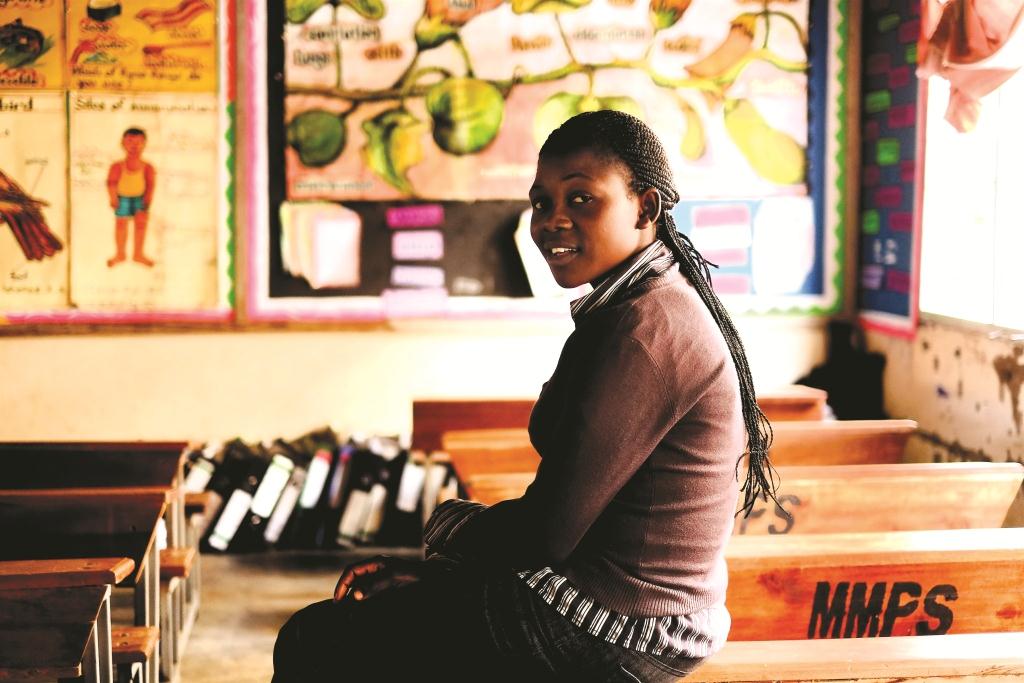It was her parents’ inability to pay her fees that made Best Ayiorworth drop out of secondary school. But that spurred at the time, 19-year-old Ugandan girl to start a microlending business to help other young girls complete their schooling.
Ayiorworth started Girl Power Micro-credit Organization (GIPOMO) focusing on the education of young girls in her community in Northern Uganda. She designed it in such a way that if mothers are introduced to business with the help of microfinance loans, they would in turn focus on the education of their daughters.
In Uganda, where families struggle to put their children through school, the girl child is often overlooked and forced to stay at home.
“It pained me like crazy when I had to drop out of school,” says Ayiorworth. Pain led to creativity.
The business did not happen overnight though. One of her sisters helped Ayiorworth enrol for various short courses to pass time. She dabbled in graphic design, web design, did a catering course and was employed as a chef at a Mexican restaurant. She used her first salary of $40 to start her organization.
She thought if she could empower women financially, they in turn, would support the education of their children, especially the girls. Ayiorwoth began by giving monthly micro loans with 10% interest rates, to enable women to grow their small businesses. She would reinvest her profit back into her business. When her mentor at a vocational training school saw the idea being implemented, she loaned Ayiorwoth USh800,000 ($295) to boost the business.
But nine months into the enterprise, two women ran away with USh400,000 ($142). Ayiorworth did not let that upset her. She laid rules that would help her run the enterprise more successfully. If the women who were part of the business did not meet the organization’s mandate of supporting the girl child with the money they made, she disqualified them from the scheme.
Although Ayiorworth started GIPOMO as a class project, it is still going strong. She says she has saved over USh6 million ($2,200) and is working with about 35 women in her village in Nebbi District.
